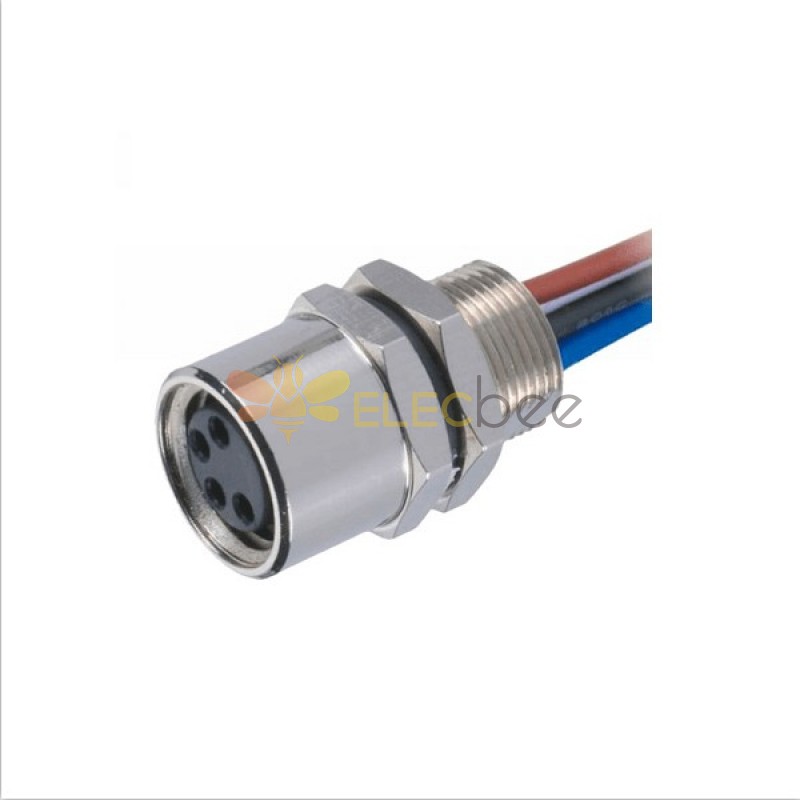What is the shielding effectiveness of M5 connectors?
Circular connectors play a crucial role in many industrial and automation applications, and choosing the right one is essential for ensuring reliable and stable performance. When it comes to electromagnetic compatibility (EMC), shielding effectiveness is a critical factor to consider when selecting circular connectors. M5 connectors are a popular choice for many applications due to their small size and high-density design, but what is their shielding effectiveness, and why is it important?
Shielding effectiveness is a measure of a connector's ability to prevent electromagnetic interference (EMI) from affecting its electrical performance. In other words, it's the extent to which a connector is able to block or reduce external electromagnetic fields from impacting its electrical signals. The higher the shielding effectiveness, the more protected the connector is from EMI.
M5 connectors come with different levels of shielding effectiveness, and choosing the right one depends on the specific requirements of your application. For example, if you're using an M5 connector in an environment with high levels of electromagnetic interference, you'll need a connector with a higher shielding effectiveness.
The shielding effectiveness of an M5 connector is determined by several factors, including the material and construction of its metal casing and the type of ground connection used. A metal casing provides the primary shield against EMI, and its effectiveness depends on the quality and thickness of the metal used. The ground connection provides a secondary shield, and its effectiveness is dependent on the connection method used, such as screw or spring-loaded.
To ensure the best shielding effectiveness for your M5 connector, it's important to consider both the material and construction of the metal casing and the type of ground connection used. A connector with a thicker metal casing and a screw or spring-loaded ground connection is likely to provide higher shielding effectiveness.
In conclusion, shielding effectiveness is a critical factor to consider when choosing an M5 connector for a specific application. The higher the shielding effectiveness, the more protected the connector is from electromagnetic interference, and the more reliable its electrical performance. By understanding the factors that determine the shielding effectiveness of M5 connectors, you can make an informed decision when selecting the right one for your application.

Comments
Post a Comment